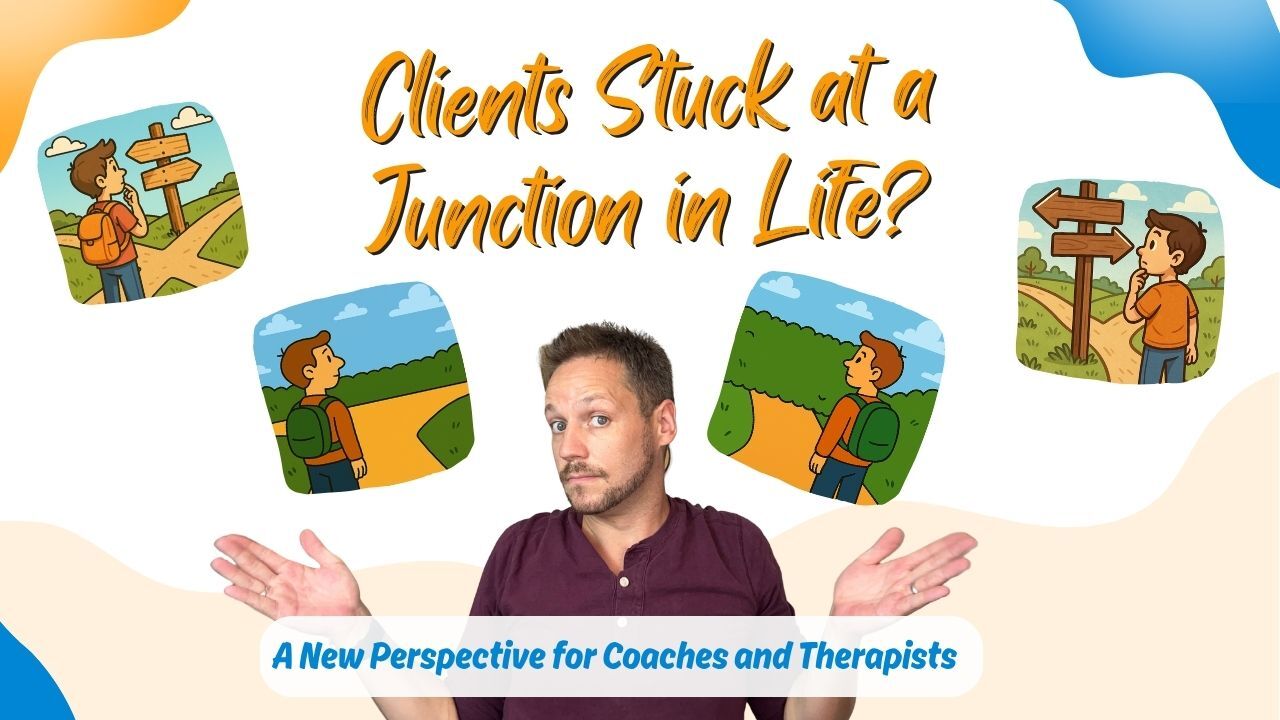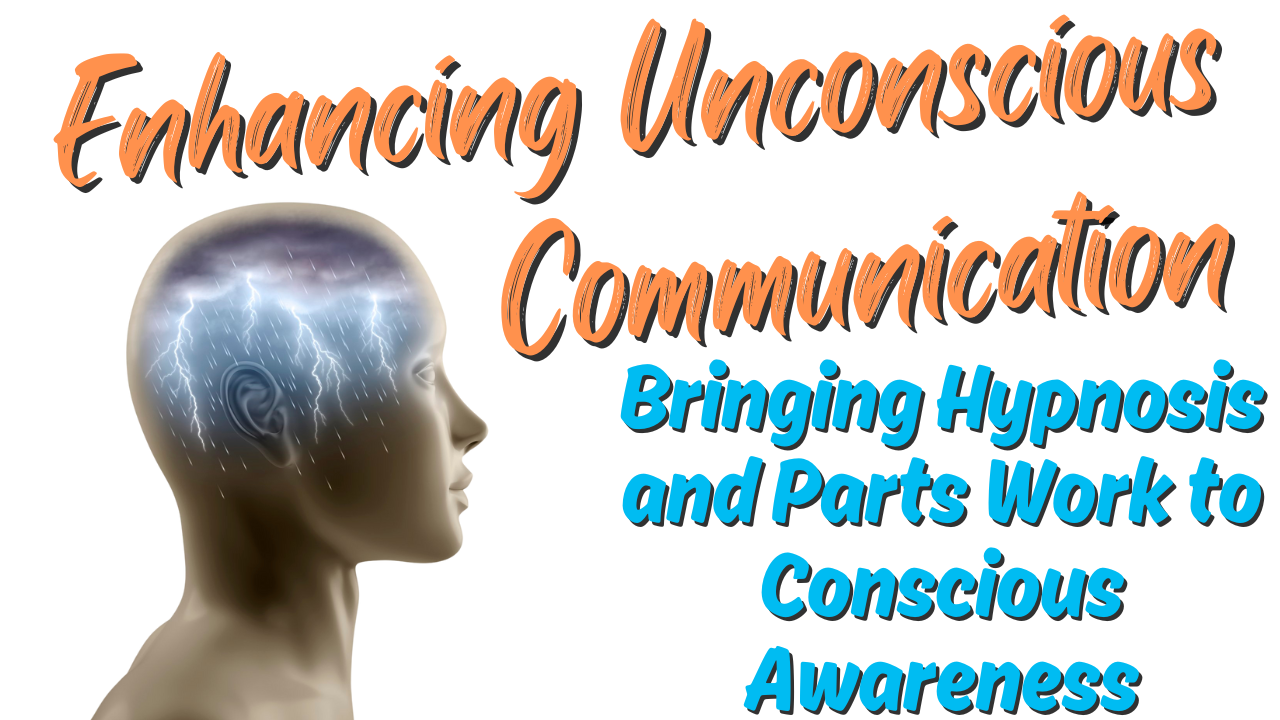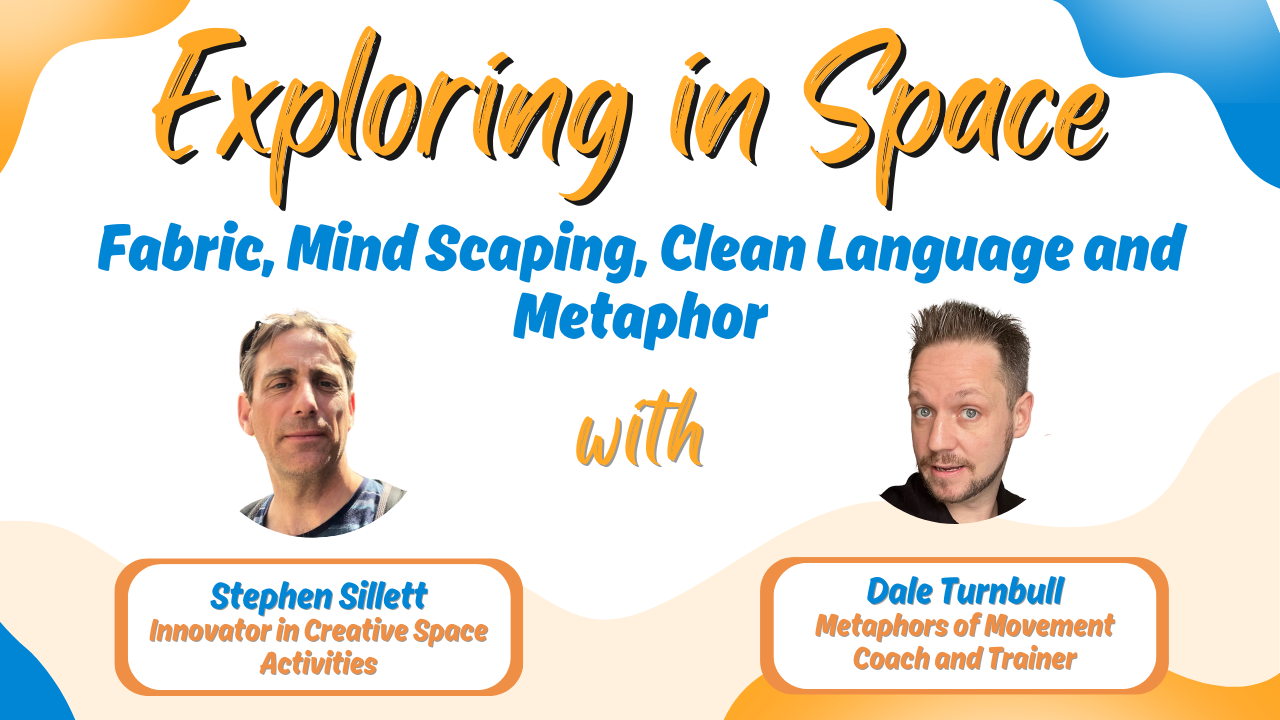Breaking Through
This is the “push forward no matter what” approach.
Imagine a brick wall in your way. Some people simply charge through it. They’re determined, resilient, and focused. They keep putting one foot in front of the other, refusing to stop until they’re on the other side.
resilient, and focused. They keep putting one foot in front of the other, refusing to stop until they’re on the other side.
This works, especially in business, where persistence and grit are often required. But there’s a downside. Breaking through can leave destruction in its path. Relationships may be strained, people may feel hurt, and sometimes the cost of “smashing through” is higher than we anticipate.
Strengths: Endurance, resilience, momentum.
Challenges: Can break things, be destructive, create collateral damage.
|
Metaphorical Expressions
I solve problems and challenges by:
|
|
Pushing through
Breaking through
Getting through
Forcing our way through
|
Breaking it down
Deconstructing it
Knocking down the barrier
Having a Bulldozer approach
|
Digging Deep into it
 Instead of pushing through, some people dig deep. They want to understand the root cause of the problem.
Instead of pushing through, some people dig deep. They want to understand the root cause of the problem.
This is the “ask why” method. Why did this happen? Why am I feeling this way? Why is the business struggling? These problem-solvers dig and dig until they find the foundations.
When done well, it creates real insight. But dig too far, and you might find yourself stuck in the hole you’ve created for yourself. Some people keep asking “why” without ever moving forward.
Strengths: Deep understanding, getting to the foundations of an issue, thoroughness.
Challenges: Risk of analysis paralysis, it can take a lot of effort to keep digging.
|
Metaphorical Expressions
I solve problems and challenges by:
|
|
Digging deep
Getting to the bottom of things
Finding the root cause
Asking why this is the case
|
Going through layers
Peeling the onion
Finding whats underneath
See what the foundation is
|
Getting Over It
Sometimes the best solution is simply to rise above it. 
Think of an athlete leaping over a high jump. With training, skill, and momentum, they soar over the obstacle. In life, this might mean gaining perspective, taking the high road, or simply choosing not to let the issue weigh you down.
But there’s a catch. When we rise above, others may feel like we’re looking down on them. And just like in sports, landing on the other side may present new, unexpected challenges.
Strengths: Perspective, better overview, going over an above the rules.
Challenges: Can cause them to look down on others, going over the heads of people. Might create anxiety if its a pretty steep wall to climb. A step wrong could be a let down.
|
Metaphorical Expressions
I solve problems and challenges by:
|
|
Getting over it
Rising above it
Overcoming it
Elevating myself
|
Going up in the world
"Bigging" myself up
Leveling up
Going over their heads
|
Avoiding It/Go Around it
Let’s be honest, sometimes we just avoid problems. (Personally, my favourite stratergy).
We procrastinate, distract ourselves, or simply take another path. In certain situations, avoidance isn’t all bad as it can prevent unnecessary stress or conflict. In coaching, for example, I sometimes avoid the “standard story” people tell about their fears and instead find a new way forward.
But avoidance has limits. Leave a problem unchecked for too long, and it tends to grow larger.
Strengths: Reduces immediate stress, offers alternative paths, great for creative problem solving.
Challenges: Risk of procrastination and unresolved issues.
Ignoring It
This is a close cousin to avoidance, but with a subtle difference. Ignoring a problem means
consciously choosing not to give it energy at all.
Sometimes this works beautifully. Not every problem needs solving, some dissolve when left alone. But in many cases, pretending a barrier doesn’t exist simply delays the inevitable.
Strengths: Protects energy, avoids unnecessary drama.
Challenges: Risk of denial, unresolved conflict.
|
Metaphorical Expressions
I solve problems and challenges by:
|
|
Going around it
Side stepping it
Finding another way
Avoiding it
|
By passing it
Choosing a different direction
Going off track
Going off piste
|
Flowing Through
This one is rare, and powerful.
I once met a woman who described her approach as simply “flowing through problems.” Barriers existed, but they didn’t stop her. She had no resistance, no drama, no need to fight. She just moved forward with ease and presence, gliding past obstacles as if they weren’t really there.
It’s a remarkable skill, and one worth aspiring to. Flowing through life means you’re neither forcing nor avoiding, you’re simply moving through things.
Strengths: Effortless progress, peace of mind, resilience without resistance.
Challenges: Might piss other other as rule don't seem to apply to you, jealousy. Requires deep self-awareness and practice.
Which Approach Do You Use?
Each of these approaches has its place. Sometimes breaking through is exactly what’s needed. Other times, digging deep or rising above is more effective. And if you can master flowing through problems well, that might just be the most powerful strategy of all.
problems well, that might just be the most powerful strategy of all.
So, I’d love to hear from you:
👉 Which problem-solving style do you naturally use?
👉 Which one would you like to develop more?
Drop your thoughts in the comments below and as always, keep taking steps.
Want to go deeper? Explore how Metaphors of Movement can help you uncover the symbolic language behind your obstacles and create new possibilities. Learn more here.
.png)
 resilient, and focused. They keep putting one foot in front of the other, refusing to stop until they’re on the other side.
resilient, and focused. They keep putting one foot in front of the other, refusing to stop until they’re on the other side. Instead of pushing through, some people dig deep. They want to understand the root cause of the problem.
Instead of pushing through, some people dig deep. They want to understand the root cause of the problem.

 problems well, that might just be the most powerful strategy of all.
problems well, that might just be the most powerful strategy of all.

